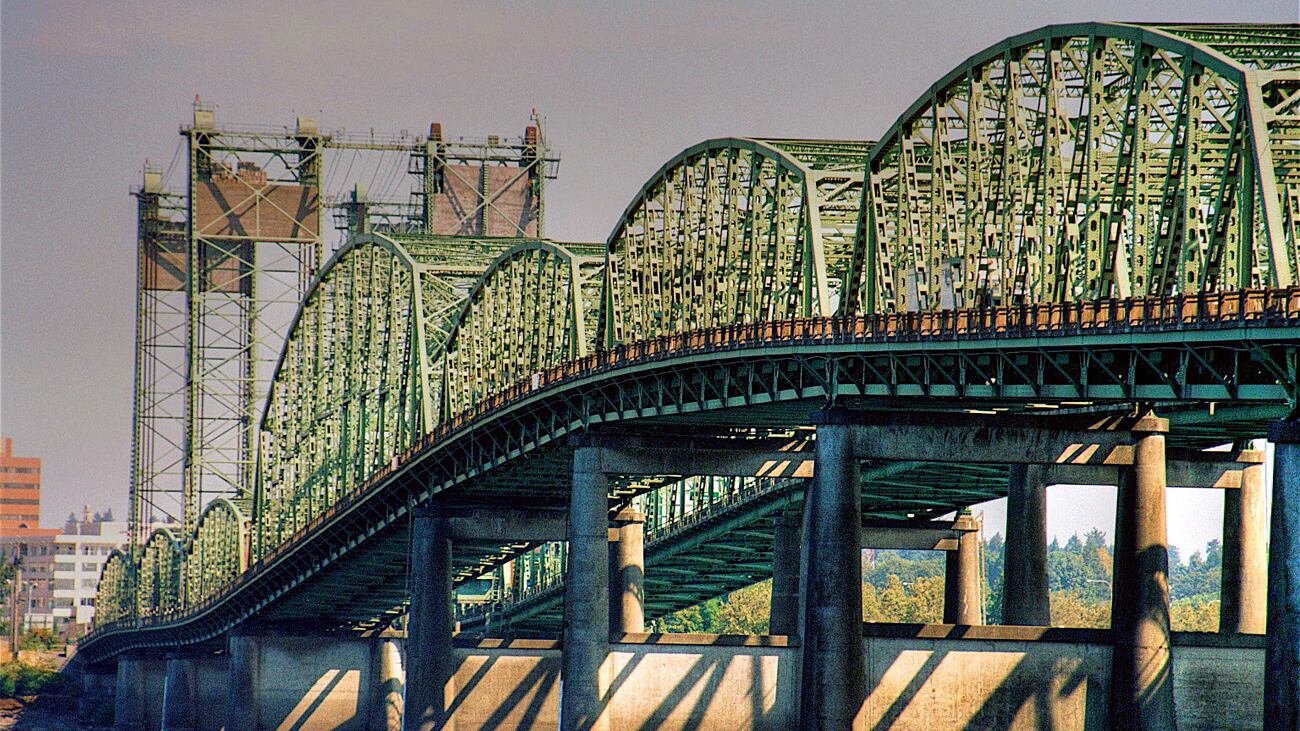As the governors of Oregon and Washington meet this morning to formally kick off a do-over for an I-5 bridge project over the Columbia River, there may be one less reason to do so.
Economist Joe Cortright points out in a post this morning at City Observatory that an oft-repeated reason to restart the bridge project is not true.
During the last project attempt that ended in failure in 2014, the two states spent nearly $200 million to plan a new Columbia River Crossing (which was so disastrous leaders have renamed this attempt the Interstate Bridge project). Of that amount, $140 million came from the federal government.
And Cortright notes that it's become an Oregon Department of Transportation "talking point" to suggest the states will have to return that federal money if they don't move forward with a new project by 2024.
"The trouble is, this claim is utterly false: The Federal Highway Administration (FHWA) does not require funds to be repaid, if as part of the environmental review process, the sponsoring agency selects the 'No-Build option," he writes, offering the example of a Salem project where ODOT did just that.
ODOT spokesman Don Hamilton says both Washington and Oregon are interested in moving forward at this point and would not want to select the "no build" option. "It would betray their interests in moving forward," Hamilton says.
Hamilton acknowledges that choosing "no build" is an option, but there are technical reasons that make it more complicated in this case and there are also many reasons to build the bridge.
"It's important to note as well that choosing a no-build option at this point would fail to address the significant transportation problems that exist in this corridor," he emails. "The bridge is one of the worst freeway bottlenecks in the country, a seismic risk that would collapse in a major earthquake, has no high capacity transit option and insufficient bicycle and pedestrian facilities. A new bridge could address these problems."
There are certainly reasons to consider a new bridge, but Cortright says the DOTs should make their case on the merits of the project rather than relying on a bogus rationale.
"It may make sense to re-examine the I-5 bridges, and consider a wide range of alternatives. But there's no reason to have the costs of that failed effort hanging over peoples heads as they consider what to do next," Cortright writes. "It's dishonest of the state departments of transportation to tell people there's a $140 million penalty for not moving forward with this project."
"The Columbia River Crossing has a long history of lies," he concludes. "The effort to revive the project shows that its proponents are just as mendacious as ever."
